Sacred Chickens
Menu
SACRED CHICKENS
|
What are your favorite books? The ones whose pages you find yourself turning again and again, relishing the sounds of
the gears and the glues that bring the complexity of a particular favorite, be it novel or collection, to the conclusion of each one’s story? The hefty ones. The short ones. The dog-eared covered ones? Yes those.
0 Comments
 Jarad has some thoughts on an often uncomfortable topic: death. But these conversations are necessary and, like death, unavoidable. Feel free to share your thoughts as well. I recently attended a funeral recently of a person I didn't know very well with my mother and grandmother. After the service, we made our way to the burial site. My grandmother is almost 90, and she had to use a wheelchair that day. This was challenging because the plot was near the back of the cemetery, and my mom realized there was no choice but to roll her through the grass. Of course, we thought this was hilarious; it’s not every day that grandma goes off road, and she was in for a bumpy ride. I'm pretty sure giggling is not appropriate at such a somber event, but we couldn't help ourselves. We neared the plot (finally!), and suddenly my gran cried out, "Don't roll me over all these graves!" It seemed like a moot point by then, since we’d already bounced her halfway through the cemetery. This did not help the giggling situation. I pictured skeletons rising from their slumber to tell the living, "get off my lawn!" Or alternatively, packing up their coffins to find a more restful place to, well..... rest. That phrase stuck with me though, mostly because I couldn't figure out why she said it. Did she think it was bad luck or disrespectful? Maybe both? Or perhaps she thought the wheelchair would collapse into one of the graves.
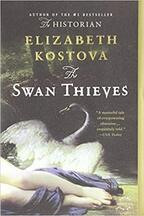 This book is what I refer to as a leisurely read. It feels slow, methodical and relaxing. This story isn’t about twists, turns or surprises. Timing is all important in my enjoyment of a slow book, I find a need to be in a particular mood for such a book. Fortunately, I picked the right time. I enjoyed the book a great deal. There's something my mother does that she calls "people watching" which is exactly what it sounds like. I do the same thing sometimes, except I invent stories around the people I see. My college is good for that. I will sometimes find a bench to read in and glance every so often and get distracted, wondering what other people are doing. I see a man talking angrily on the phone or someone else running into the English building, papers literally flying behind them. People can be fascinating, from a distance of course. That's what this book felt like to me. I felt as if I were observing someone else's life, with all the eccentricities and all the day to day things that come with that. Now that may not sound particularly interesting, but it’d like sneaking a peek at the characters in their most private moments, just as I fleetingly wish to while “people watching” from my bench. The story shifts between 4 characters, each written in the first person, so you get to see what each of them are thinking. We’ve all had moments where we seem to be hearing our mouths say something while the mind protests, whether good or bad (usually bad, in my experience). If you've read The Goldfinch by Donna Tart or The Secret History by the same author, this book has a similar feel and style.
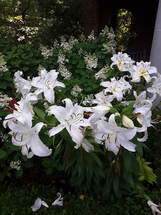 Here are the colors that the Sacred Chickens team likes to plant! What are your favorite colors of flowers? Julie I am a sucker for pictures of beautiful English cottage gardens, pink roses, clematis, with occasional spikes of blue delphinium to set off the delicate pastels. All this should be set against the soft fresh greens of mown grass, with a few white lilies thrown in for scent and serenity. If I could choose any colors at all, it would be these…however, I live in the Atlanta area where the summer sun is bright and hot and it has a tendency to wash all those colors out.
So, I try to get my pastel fix in spring, setting off pink blooming peach trees, pale yellow jonquils, white Thalia daffodils and grape hyacinth with brightly colored tulips. In my current garden I have bright red camellias and deep pink ruffled azaleas in the background, and I find that these colors pop better than pale pastels would. I can then add my usual pastel early bloomers. If I do go with a pastel, I prefer one that spends some time absolutely covered in blooms, like my yellow lady banks or the sweetheart rose I had at the old house. Those plants are about as “in your face” as pastels are likely to get and I set them off with bright or dark purples, yellows and pinks. For the summer, I have planted a wall of peach drift roses which shift from pastel pink to peach as they age. I find that this little bit of peach is complemented the purples of clematis or annuals. I also plant zinnias in my summer garden because they love the sun and the colors pop, even in the sea of hot sunshine that washes over them every day. I love the golds, browns and reds of autumn and I try to have at least a few trees and shrubs that turn brightly colored in the fall. Colors are a matter of taste, but also location and you have to take that into account when you are planting. 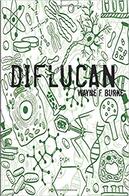 I read this little book of poems over breakfast one morning, and I still haven't totally worked out my opinion on it. It certainly left me thinking. After reading the first poem, I could not tell if I was going to be receptive or not. This is not a book of poetry that begs to be liked. Some of the poems are abrasive, but this seems foundational to the poet’s theme.
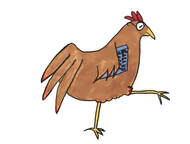 Today, Jarad is tackling the topic of diversity in literature, the canon, and what makes a book worthy of being canonized. What are the benefits of diverse reading and what can the publishing industry learn from that? We hope you enjoy his thoughts on the topic and happy reading! I was reading an excerpt from an article in my Feminist Theory textbook last semester. In it, the author talked about how, in college, she only read male authors, and she felt that she was forced to alter her perspective and view the world through a warped perspective, and she didn’t much care for it. I have to admit, my first reaction when I read that was one of irritation. Are we not supposed to see the world in different ways through literature, and are we not supposed to look through another person’s eyes in a novel? Yes, we are, but upon further reflection I don’t think that was her point.
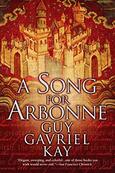 This book was published in the early 90’s, and while we usually try to review books that are more recent, we also know that recently published books are not the only good ones out there. So occasionally we pick older books that we think are worth re-examining. Or, perhaps you’ve already read this book, but a little reminder will inspire you to re-read it. Either way, enjoy and happy reading! A Song for Arbonne is a book that is right up my alley: Fantasy, magic, quests- it really is a great book for my summer reading. I mean, I would read it anytime, but it was made better by the season. Fair warning, the book doesn’t shy away from the darker side of things- degradation and violence are an aspect of the book, but it is tempered by the books message of rising above those things. The book is set in a region inspired by Medieval France. The book goes through all four seasons but starts in the summer. The fantasy summer in France makes the hot, humid summer of the South a little more tolerable. Reading about meadows baked in the summer sun, festivals by the river, fields of lavender, The Court of Love and the troubadours, I could almost forget that I was soaked in sweat just from being outside for a few minutes.
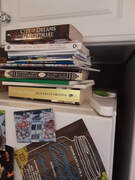 Sometimes, when Jarad runs out of room on his bookshelves, little stacks of books will appear everywhere (like on the refrigerator). Here are his thoughts on where and how you should store books. I was told many times as a child that there was no more room for books in the house. “You have enough, don’t you?” was the question that was (and sometimes still is) asked of me in a fit of exasperation. Well, you see, books don’t work that way. I have a hard time imagining too many books. It’s not like collecting purposeless figurines or kitschy nick knacks. You do not buy books to put them on a shelf or to look at them, you buy them to read them. (Or at least I do, at any rate. I’ve known people that bought books to say they had read them, but never actually did. Steer clear of those kinds of people. They are incredibly boring).
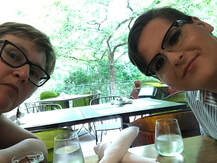 Summer fun for Sacred Chickens. We went on an expedition yesterday! Can we call it team building? We spent the entire morning wandering around the Atlanta Botanical Gardens, getting ideas for our own gardens, enjoying herb gardens, vegetables, lilies, woodlands, and moving rapidly from one ecosystem to the next in the conservatory. Jarad, of course, bought a book. We discovered that the heat and all the walking fried our brains so instead of a real post...here are some pictures of the garden! 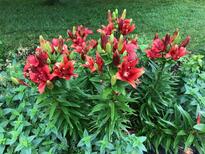 Jarad ruminates on garden maintenance, weeds and other day to day garden things. When I say the word gardening, people tend to think of planting flowers or trees, pruning shrubs or something of that sort. And while that is a large part of it, an equally larger part of gardening is maintenance. Watering, weeding, pest management and other general care of flowerbeds is a lot of work, and something I didn’t necessarily realize when I began my projects (mulch, or any other weed suppressant, is my new best friend). And really, you are never fully in control of the garden. There’s no way to be, unless you have a hired staff, and then, you’re not really a gardener, are you? But, unlike flowers, one cannot cultivate control. There’s always a stray weed, a dramatic plant drooping in the heat (hydrangeas are the worst of the drama queens), or some other problem that you must troubleshoot on a daily basis.
|

Click Photo above to buy ebook or paperback from Amazon.
Here's the link to Barnes and Noble Or order through your favorite independent bookstore! Categories
All
|

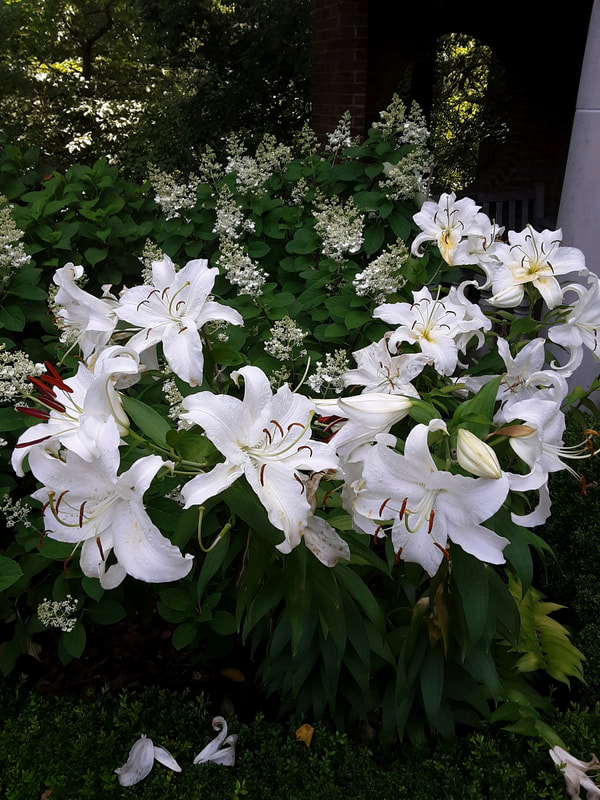

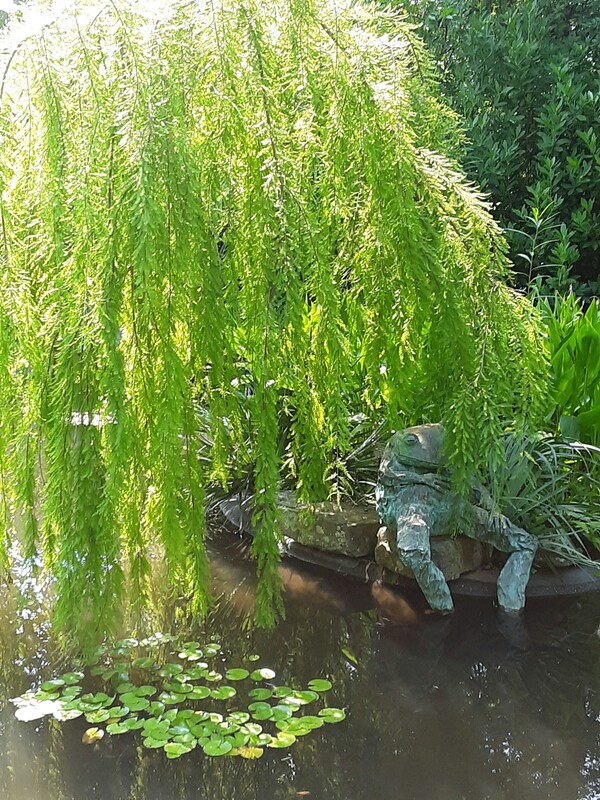


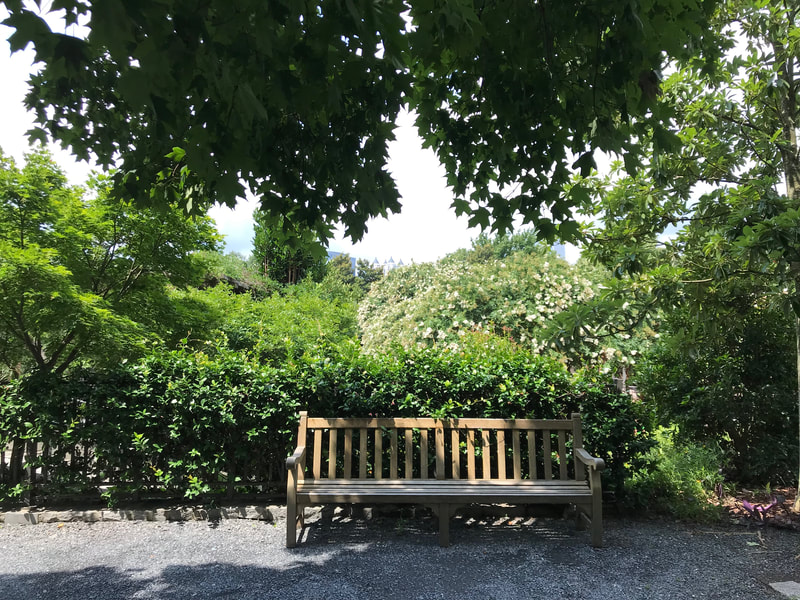
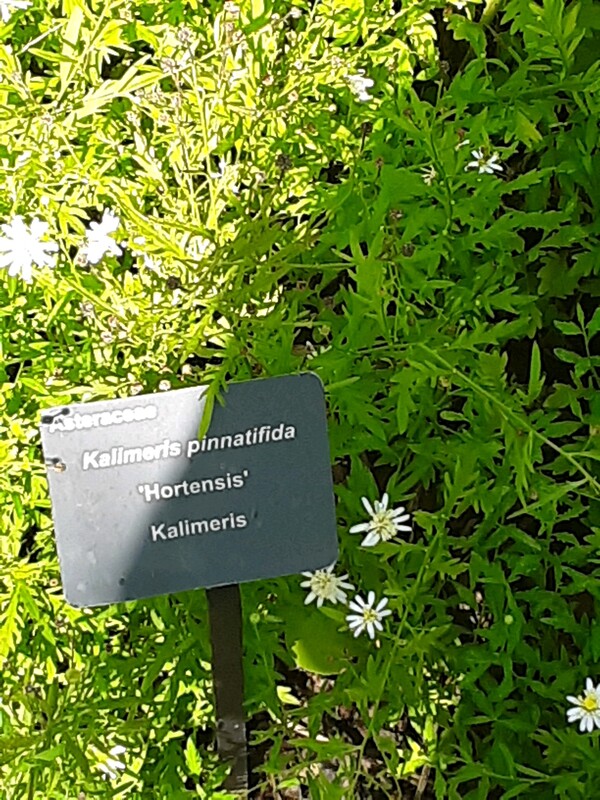
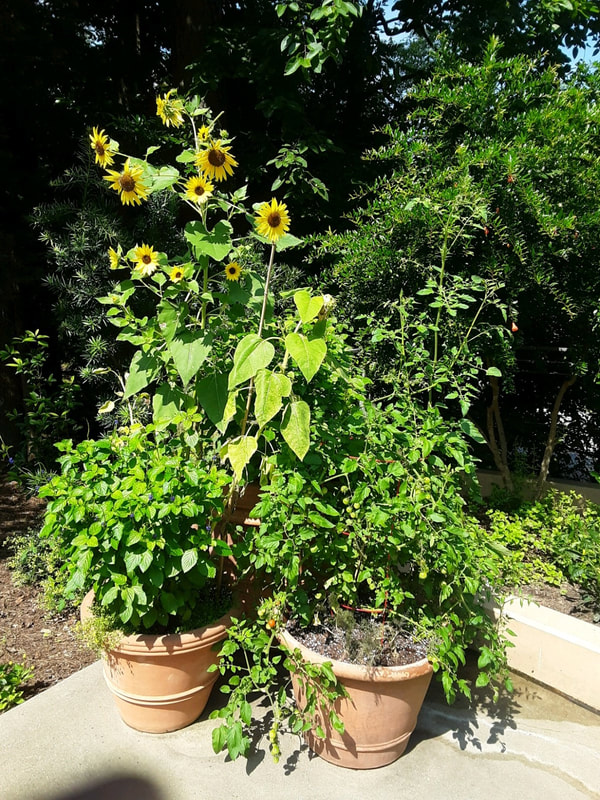

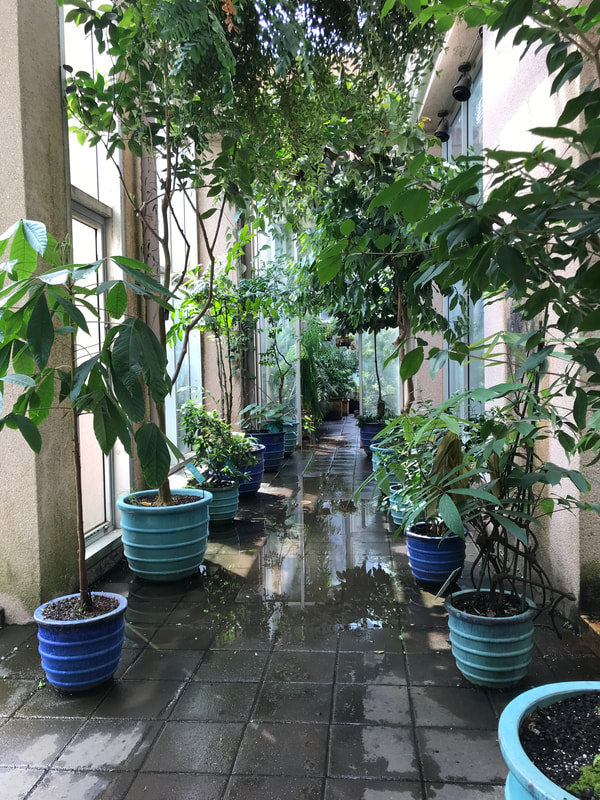

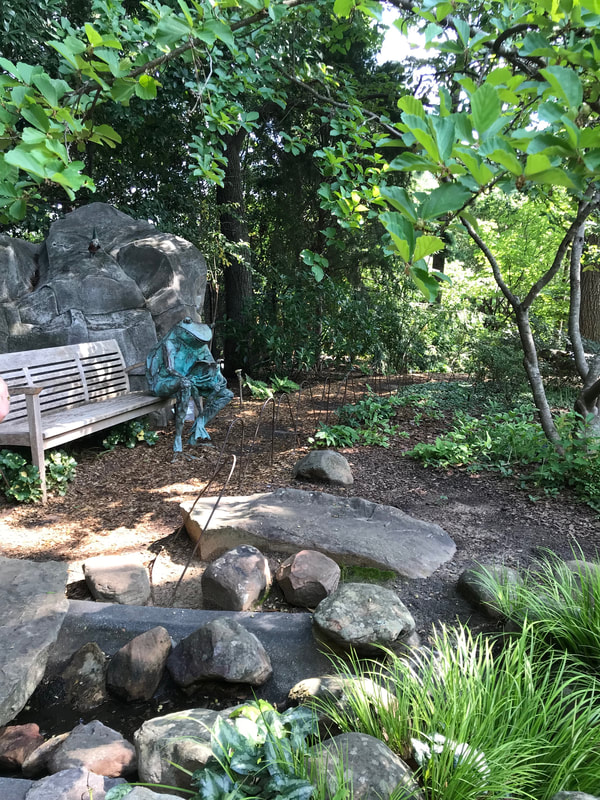

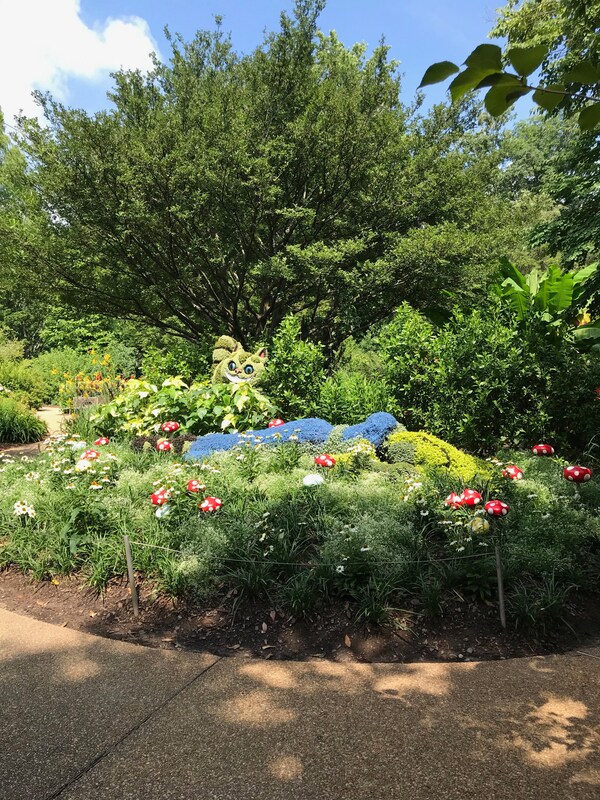
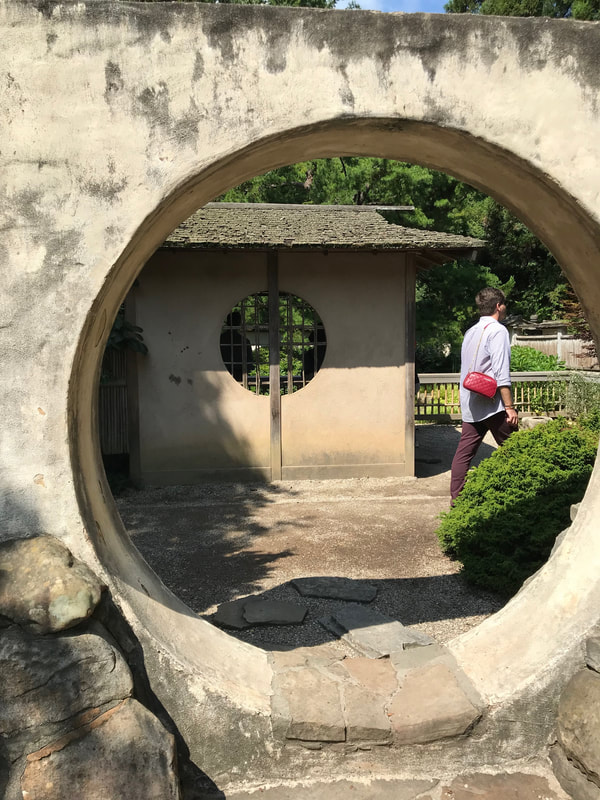
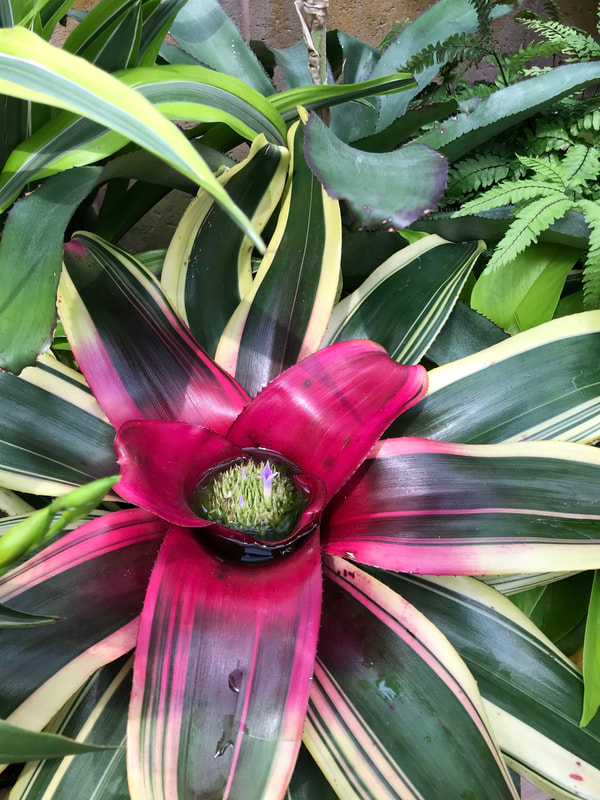
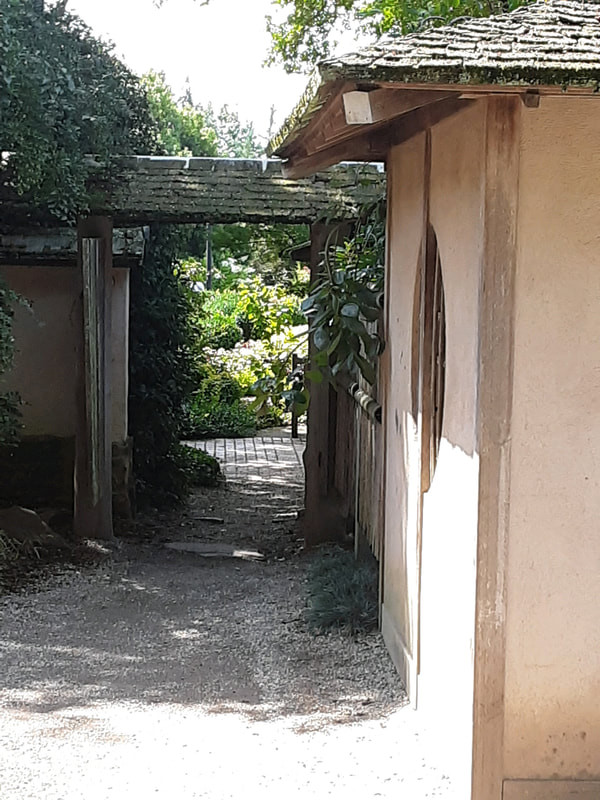
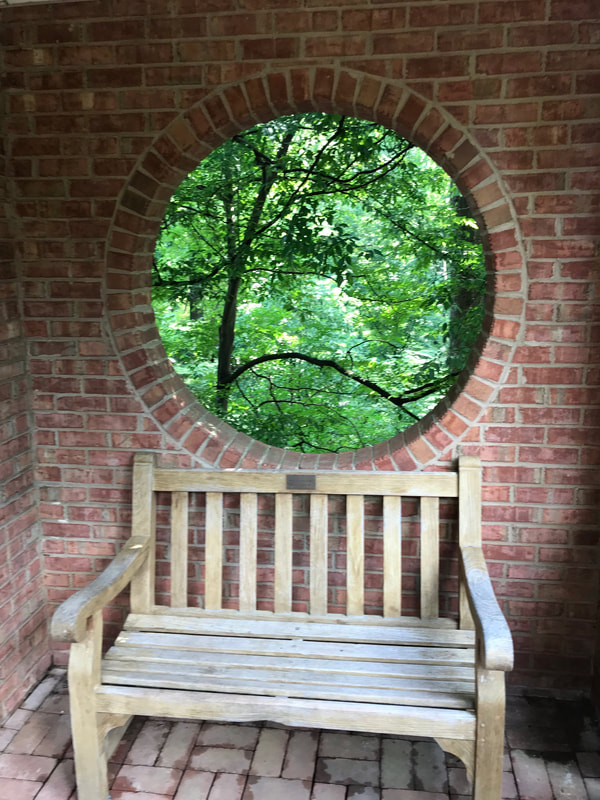
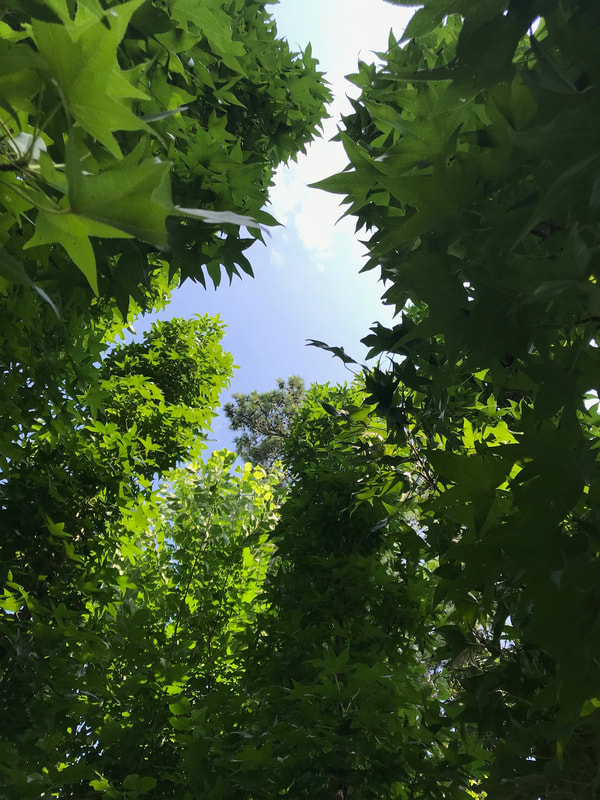

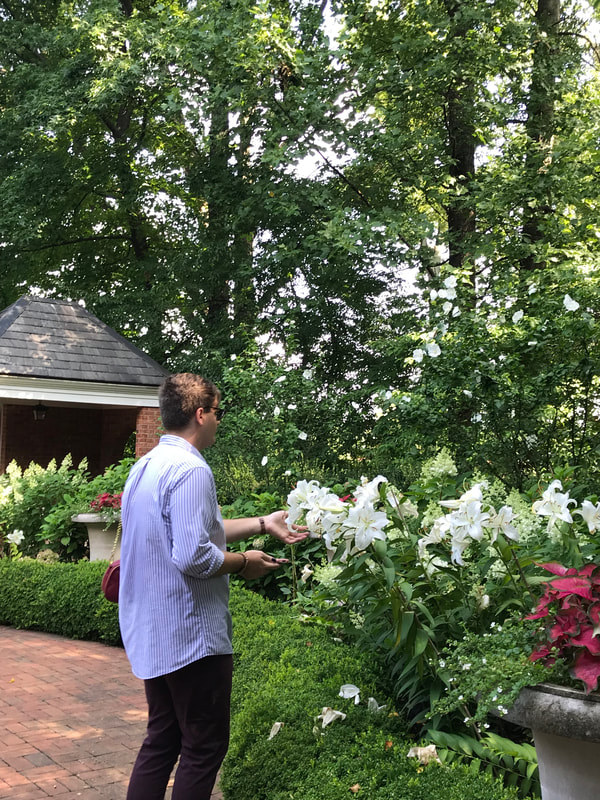
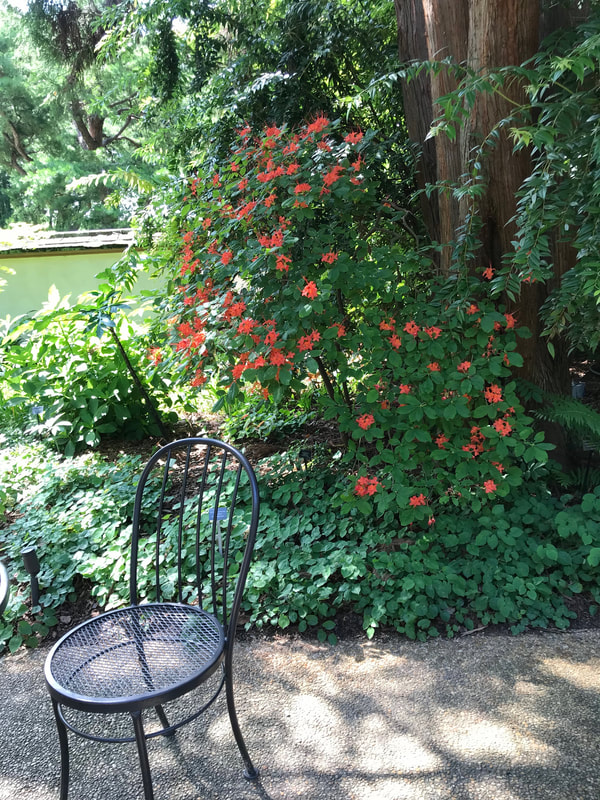
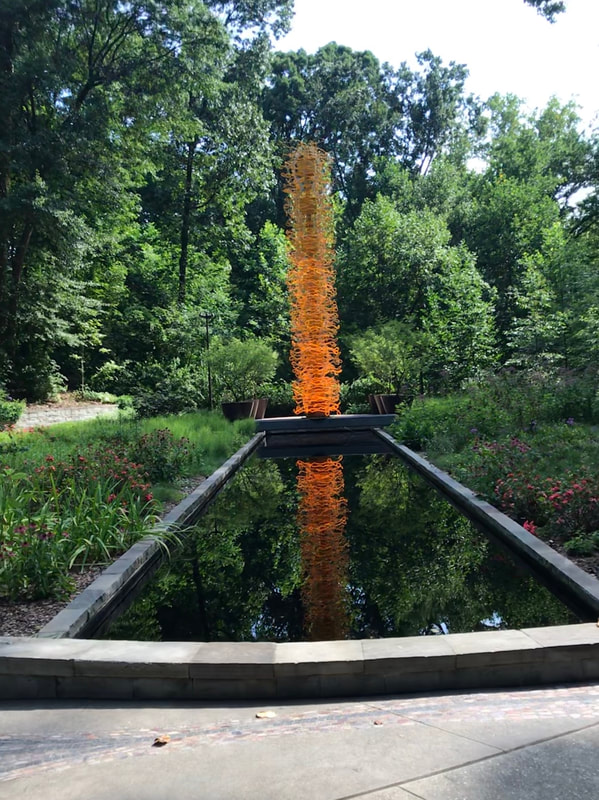
 RSS Feed
RSS Feed